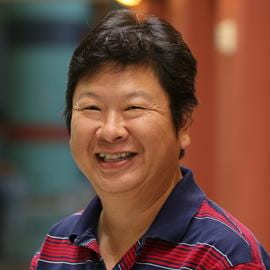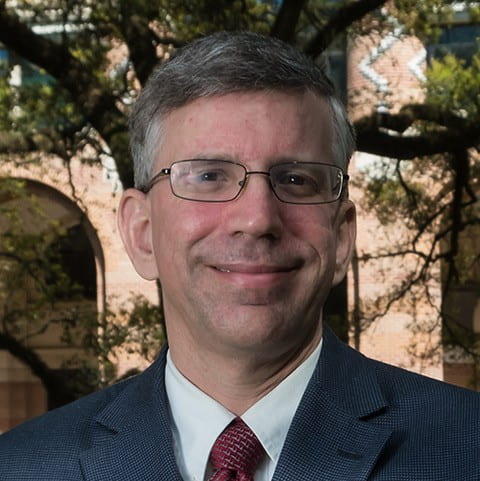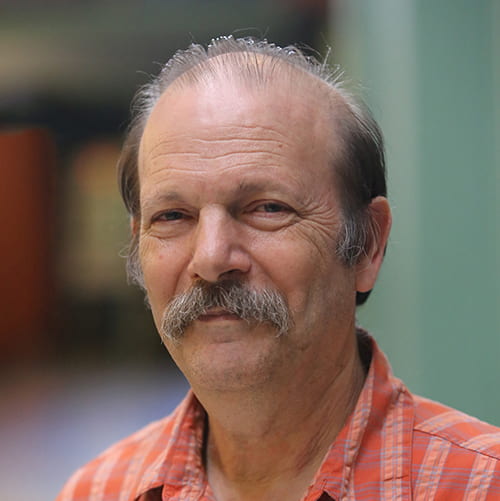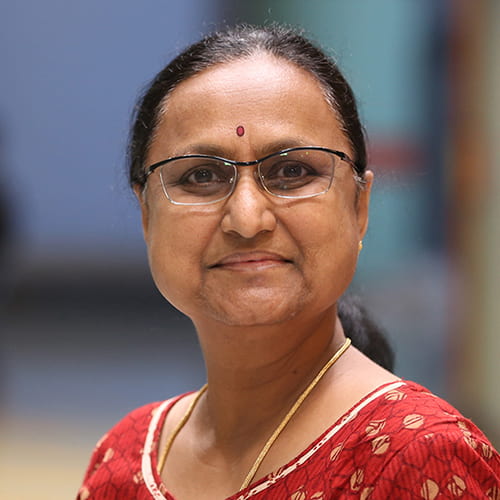
Robert “Corky” Cartwright (Ph.D. ’77, Stanford) has devoted his career to elevating programming from a black art to a systematic discipline. To this end, he has: (i) conducted fundamental research on the mathematical principles governing the design and implementation of programming languages, (ii) helped found an outstanding academic Computer Science department at Rice University, and (iii) served as a professional leader in programming language research and computer science education.
His current research focuses on four topics:
• Developing extensions to Java, Scala, and Swift that foster developing parallel application programs that scale well as more cores are added to microprocessors. I an ardent advocate of a “mostly functional” approach to developing parallel programming applications.
• Developing “smart” programming environments that prove that type-safe programs are free of run-time errors. In essence, smart environments use static analysis to verify the preconditions for primitive program operations.
• Developing production-quality pedagogic programming environments for Java, Scala, and Swift using Rice undergraduates as the primary workforce. The DrJava and forthcoming DrScala environments are products of this research effort.
• Developing a programming language and supporting environment for developing implicit programs in which program parameters are dynamically adjusted by the language run-time in accord with an platform-dependent intent specification provided by the user. The intent typically focuses on minimizing or maximizing a platform-dependent measure such as energy usage or performance while meeting platform-independent accuracy or quality constraints. The results of some of this research are being integrated in the Rice undergraduate curriculum.





